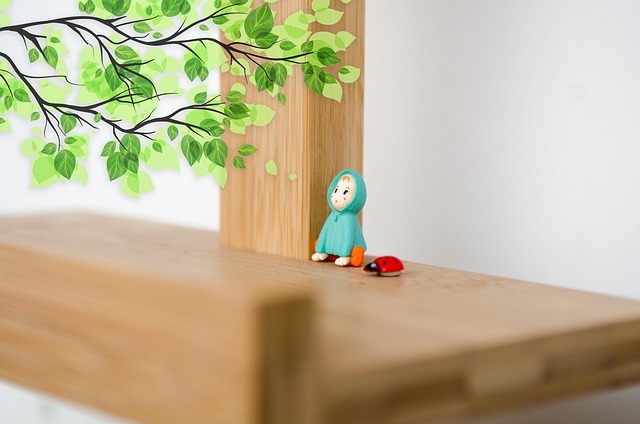If you're like me, scrolling through your phone or watching TV in bed feels like the perfect way to unwind—until it's suddenly 2 AM and you're wide awake, regretting every life choice that led you to this moment. The truth is, our beloved screens are stealthy sleep saboteurs, and the blue light they emit is just the tip of the iceberg when it comes to why tech before bed is a terrible idea.
The Science Behind Why Screens Screw With Your Sleep
Blue light isn't just some vague health buzzword—it's a legit biological disruptor. Your brain interprets blue light as sunlight, which means exposure at night tricks your body into thinking it's still daytime. This suppresses melatonin, the hormone that tells your body it's time to wind down. The result? You stay alert when you should be getting drowsy. But it's not just about light—the content you're consuming plays a role too. Scrolling through stressful news or emotionally charged social media posts activates your brain's stress response, making it even harder to relax. And let's not forget the endless scroll trap: the dopamine hits from refreshing your feed keep you hooked way past your intended bedtime.
Your Favorite Pre-Bed Habits—And Why They're Ruining Your Sleep
That late-night YouTube binge? More harmful than you think. Videos keep your brain engaged in a way that passive activities (like reading a physical book) don't. The constant switching between clips trains your brain to expect rapid stimulation, making the transition to sleep feel painfully slow. Working from bed? Big mistake. Your brain associates your bed with wakefulness instead of rest, weakening the mental link between your mattress and sleep. Even "harmless" activities like texting or video calls can backfire—the back-and-forth conversation keeps your mind active, and the glow of your screen continues to suppress melatonin long after you hang up.
Breaking Up With Bedtime Tech (Without Losing Your Mind)
Going cold turkey on screens before bed sounds great in theory, but let's be real—most of us aren't giving up our nightly routines without a fight. The key is gradual change. Start by setting a "tech curfew" 30 minutes before bed and stick to it like it's a strict bedtime for a toddler (because let's face it, your self-control after 10 PM is about that reliable). Swap scrolling for a non-screen activity—try an old-school paperback, light stretching, or journaling. If you absolutely must use your phone, enable night mode or blue light filters, but remember: dimming the screen doesn't cancel out the mental stimulation. For chronic late-night workers, establish a hard cutoff time and stick to it—your productivity tomorrow will thank you for the extra sleep tonight.
When Cutting Back Isn't Enough: Extra Help for Tech-Induced Insomnia
If you've tried limiting screens and still find yourself staring at the ceiling at 3 AM, it might be time for reinforcements. Blackout curtains can help counteract any lingering blue light effects, while a weighted blanket can ease the restlessness that comes from an overstimulated brain. For those who can't resist checking their phone, try leaving it charging in another room—out of sight, out of mind (and out of reach for midnight impulse checks). If anxiety about missing out keeps you glued to your screen, practice mindfulness techniques to detach from the fear of "what if I miss something important?" Spoiler: whatever it is can probably wait until morning.
Breaking the tech-before-bed habit isn't easy, but the payoff—better sleep, more energy, and fewer 3 AM regrets—is worth the effort. Start small, stay consistent, and remember: your phone will still be there in the morning. Your sanity, however, depends on putting it down tonight.
























